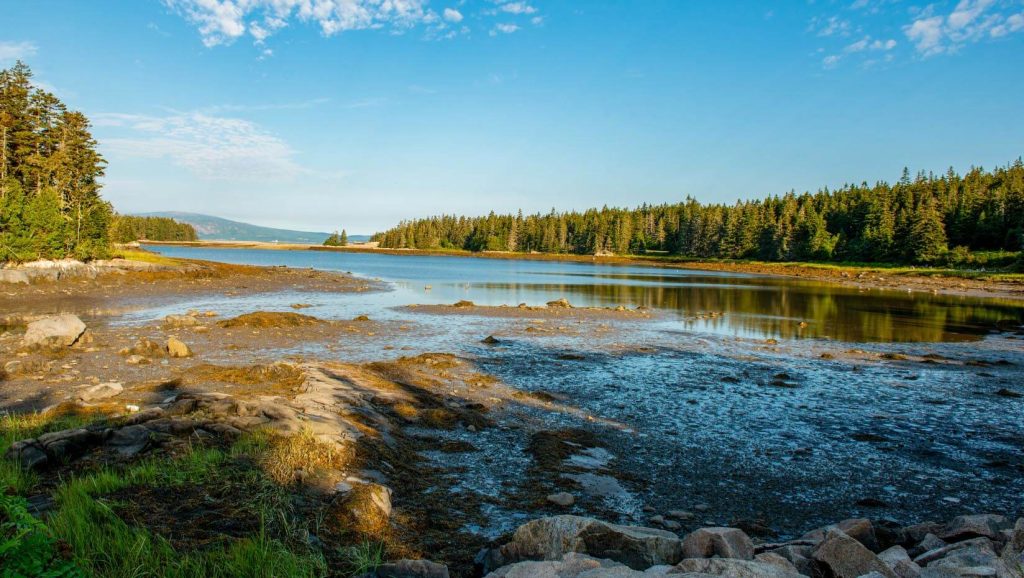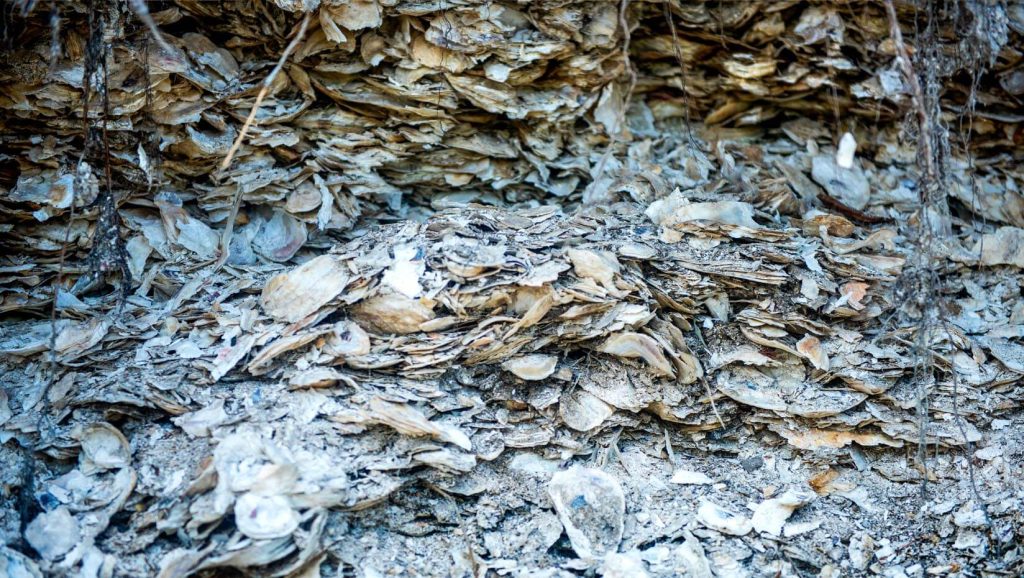Newsom, UMaine students and Wabanaki partners aid effort to protect Acadia’s Indigenous archaeological sites from climate change
Along the rocky shores of Acadia National Park are 24 known archaeological sites that preserve the history and heritage of Wabanaki people. Many of the sites house pottery sherds, tools, animal bones and other artifacts that showcase ancient Indigenous culture from a bygone age.
Sea level rise, flooding and storms are eroding these sacred and culturally significant places.
The National Park Service (NPS) is launching a new effort to protect Wabanaki archaeological sites in Acadia from climate change using Indigenous and western knowledge and recruited UMaine anthropologist Bonnie Newsom and archaeology Ph.D. students to help.

Using a “two-eyed seeing” approach, Newsom, her students and NPS will devise a co-stewardship strategy to manage and preserve Indigenous archaeological sites in Acadia with members of the Maliseet, Mi’kmaq, Penobscot and Passamaquoddy nations, all of which are part of the Wabanaki Confederacy. The five-year project, which builds on 15 years of collaboration between NPS and Indigenous communities, will involve consultation from tribal historic preservation officers, elders, natural resource caregivers, fluent language speakers and artisans.
One focus of the new work in Acadia involves protecting millennia-old shell heaps. These deposits of clam shells showcase the culture of the Indigenous people who created them, including what they ate and how they interacted with the environment and each other. The shell heaps, which protect artifacts from Maine’s acidic soil, are being washed away by storms, waves and rising ocean levels.
“Shell heaps are nonrenewable heritage spaces that preserve both cultural and paleoenvironmental information that is unique to the region. Once they are gone, they are gone for good, as is the information they contain,” said Newsom. “A partnership approach to management brings our best collective thinking to the issue and prepares archaeology students for professional futures that include community partnerships and climate change impacts.”

In addition to devising new management strategies, the project will involve creating new materials and curricula about Wabanaki archaeological sites in Acadia that place Indigenous knowledge and priorities at the forefront. It also will involve creating new documentation that incorporates Wabanaki language narratives, video and storytelling.
The project is part of several efforts to protect the historical and natural resources in Acadia National Park from climate change, funded by a $950,000 award through the Inflation Reduction Act. Out of the overall funding, $675,000 will be allocated to UMaine, which will support Ph.D. students, a citizen science pilot program and the Indigenous archaeology research and community engagement led by Newsom.
These efforts in Acadia are among 40 recently-funded climate resilience and restoration projects in hundreds of National Parks.
Visit the Acadia National Park website to learn more.

